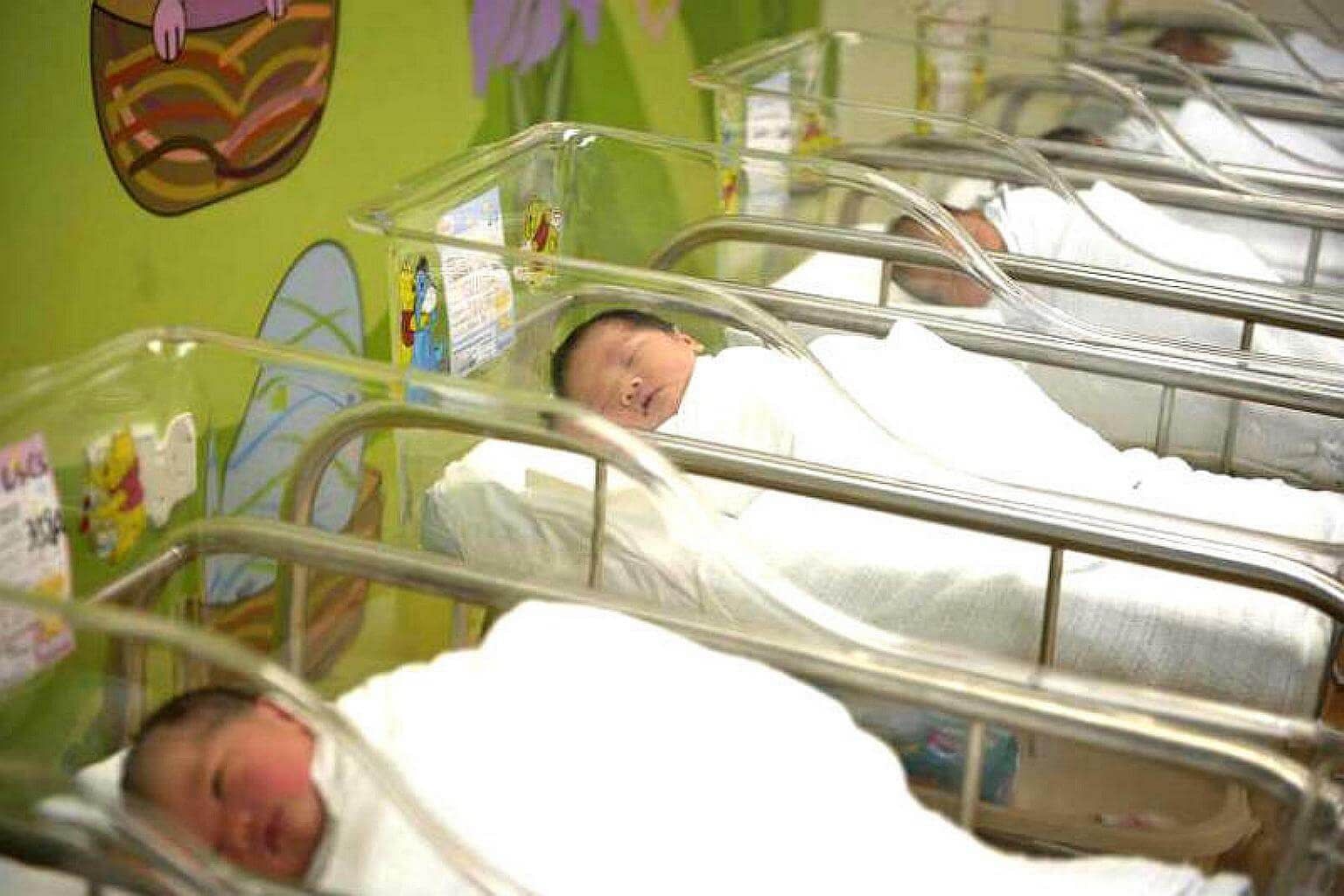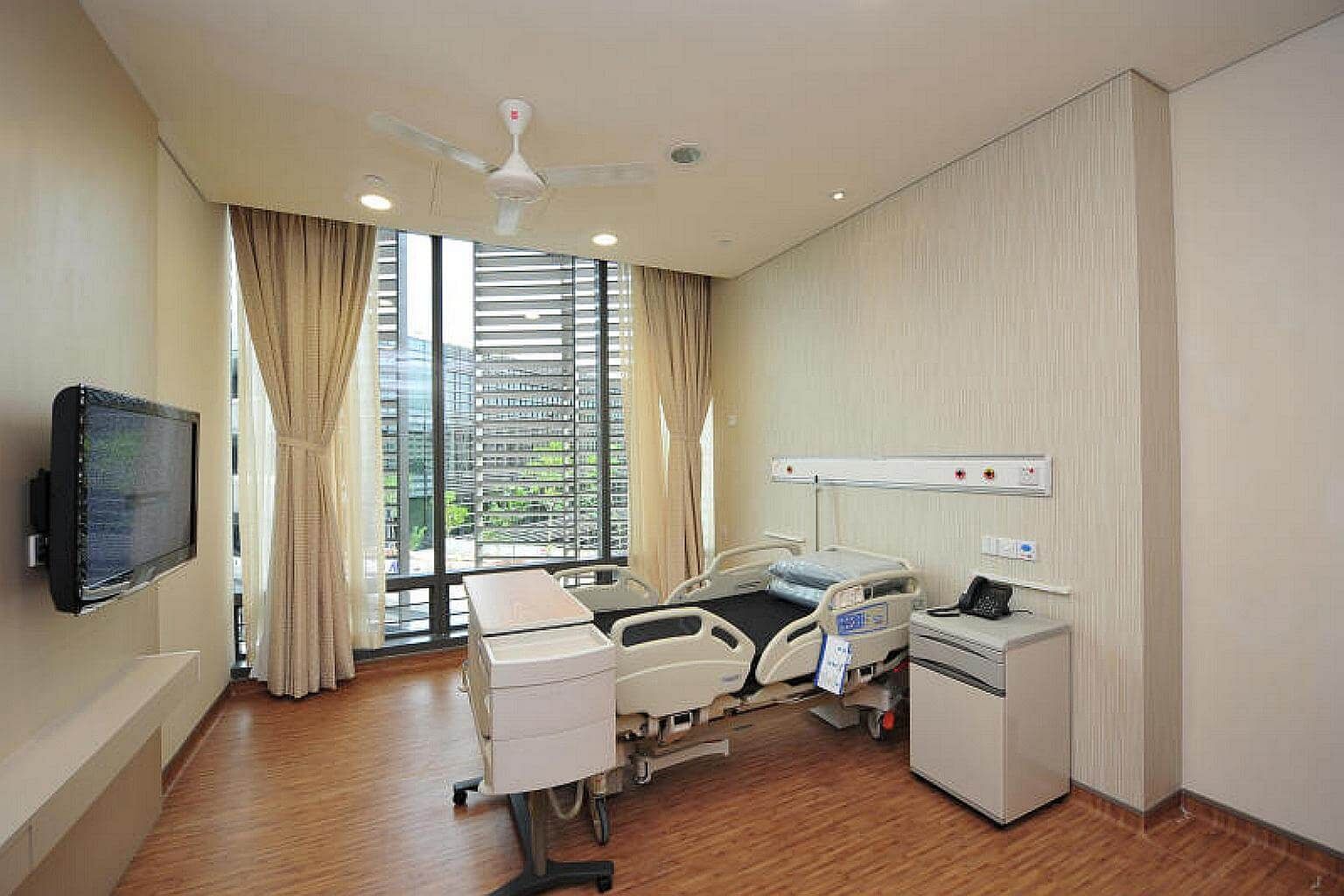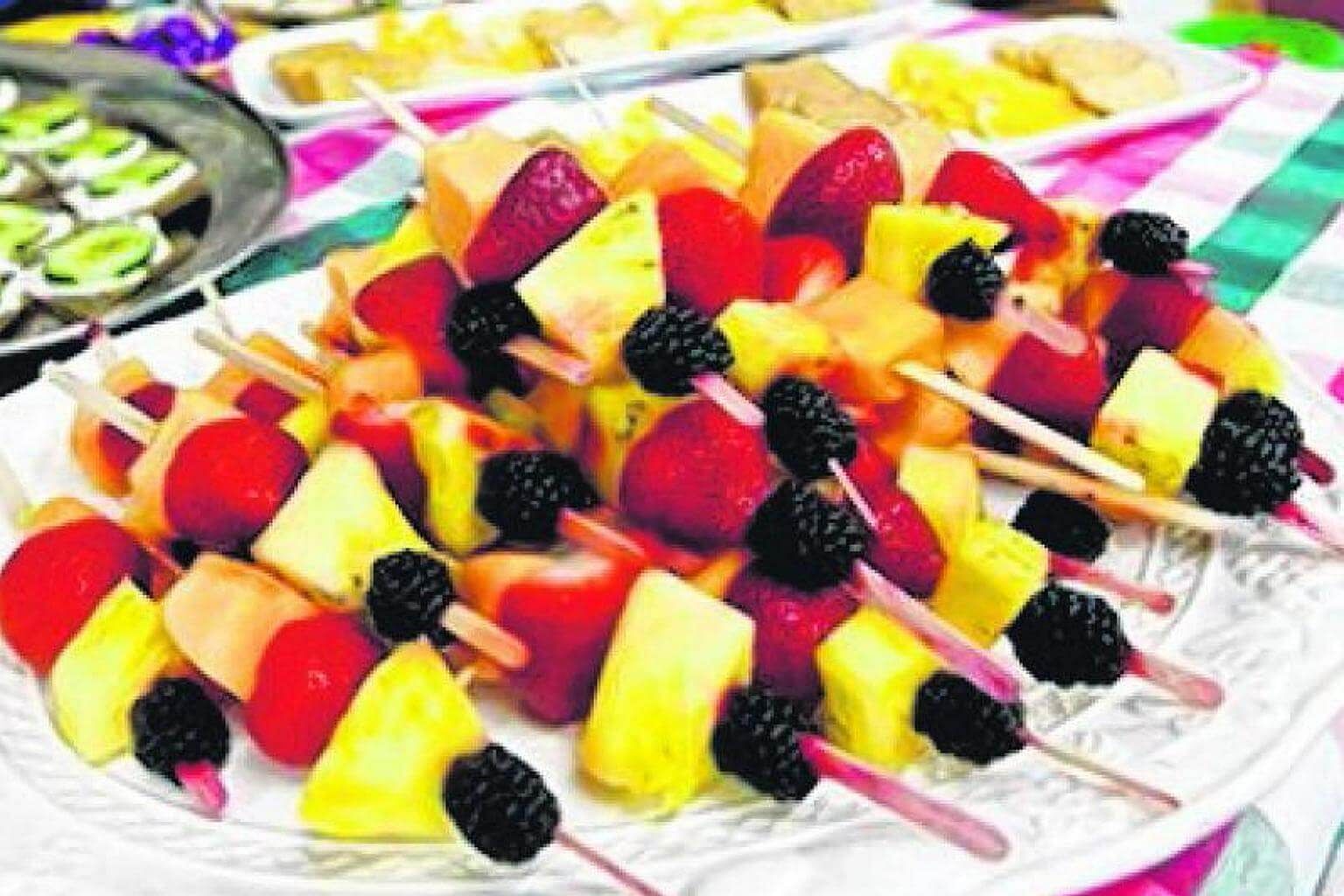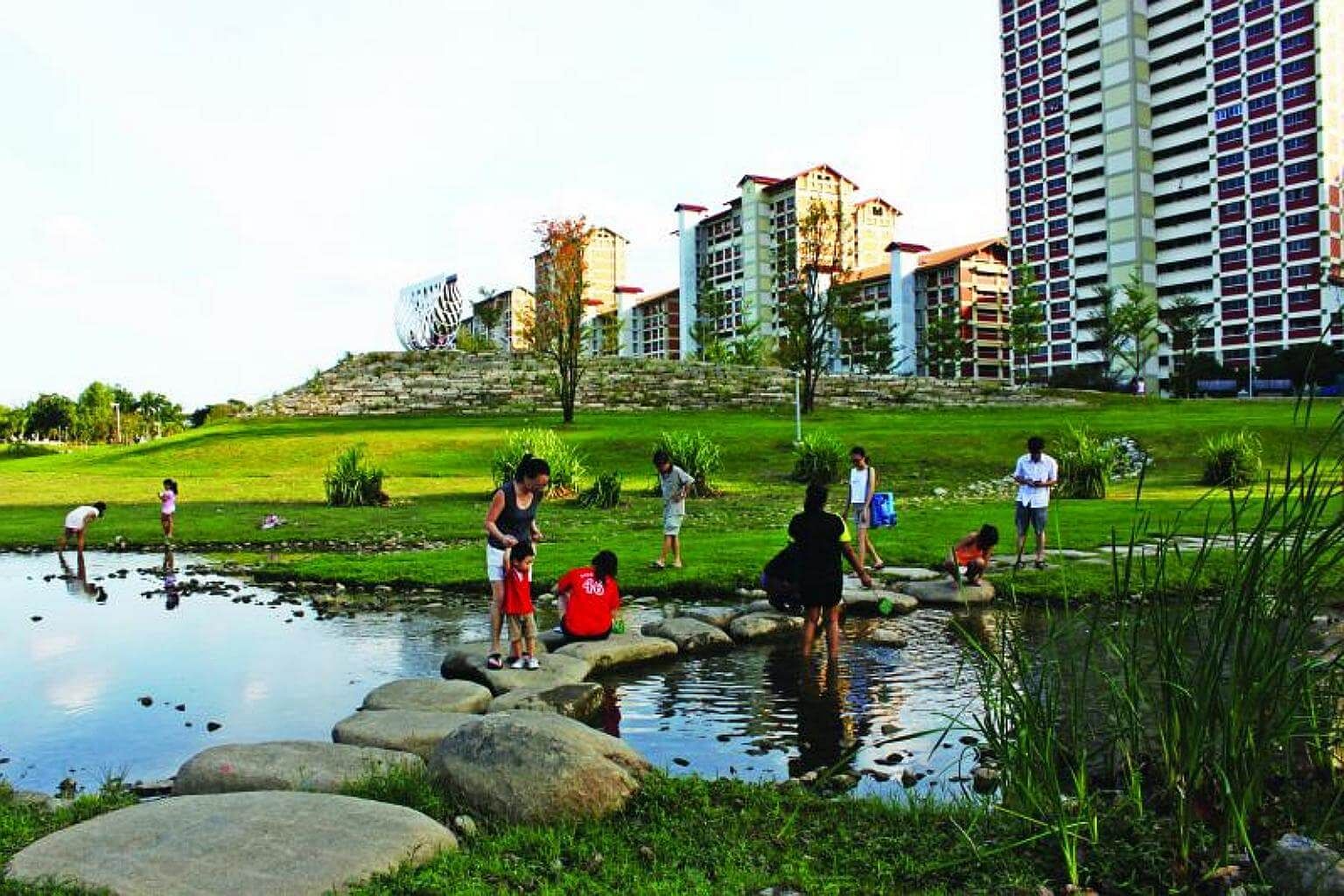You're planning to have a baby, but the logistics of it all have you scratching your head in confusion.
Here are some of the things to take into consideration when planning for an addition to the family.
CHOOSING YOUR DOCTOR

What kind of birth do you want? Different doctors have different views on how things should be done, so choose one whose style aligns with your own preferences.
This is especially the case if you want something unusual, such as a home birth or a water birth.
If you have your heart set on delivering in a particular hospital, you should also make sure that your doctor works with them. Some doctors only deliver at one hospital, others work with four or five.
Check to see if their doctor's fees are within your budget, and what their delivery track record is like.
Also make sure that your doctor's schedule lines up with your own. For example, will they be on leave or at an overseas conference around the time you deliver?
If they will not be around, try and meet the doctor who will take over in their absence, to ensure that you are comfortable with him/her as well.
DOING A PRICE CHECK

You will need to pay for many things throughout your pregnancy, including doctors' checkups, nutritional supplements, scans, and blood tests.
Many doctors offer a package price for the checkups needed from the fourth month onwards. These packages typically start from $1,000. You should check what is included in these packages so that you do not end up paying more than expected.
Remember that you can use the Medisave Maternity Package to offset the amount that you have to pay out of pocket.
You can withdraw up to $450 for each day in hospital, and an additional $900 for pre-delivery medical expenses such as ultrasounds and consultations.
There is also a surgical withdrawal limit of between $750 and $2,150, depending on the type of delivery procedure.
The Health Ministry has also made public bill sizes for different hospitals, so that parents-to-be can estimate how much their child's delivery will cost.
For example, a normal delivery in a Class A ward at KK Women's and Children's Hospital costs $4,413 at the 25th percentile, and $5,915 at the 75th percentile.
In contrast, a single bed at a private hospital costs between $6,000 and $8,800 at the lower end, and up to more than $10,000 at the higher end.
Delivery via Caesarean section generally costs more, and will require you to stay in hospital for a longer duration as well.
If your newborn is a citizen, he or she will also get a $4,000 Medisave grant, which can be used to pay for MediShield Life premiums, vaccinations, and so on.
EATING RIGHT

It is often said that pregnant women are eating for two, but this is a myth.
In fact, you will not need any extra calories for the first two trimesters. And in the last trimester, you only require an extra 200 calories a day.
This is equivalent to one roll of popiah and a cup of soy milk with less sugar, or one chicken curry bun with a cup of skim milk.
That said, pregnancy demands a lot from your body, which can cause your blood sugar levels to fluctuate. It is therefore important to eat regularly.
It is common for women to gain between nine and 13kg during pregnancy. Do not diet, as you may be depriving the baby of nutrients.
A balanced diet full of fresh fruit and vegetables is the way to go.
You should also make sure that you are getting enough of nutrients such as iron, folic acid, calcium, and Vitamin C.
Stay away from all raw food and partially cooked food as you could get food poisoning from salmonella bacteria. Eggs should be cooked until both white and yolk are solid, and meat should be cooked all the way through.
Smoking is an absolute no-no as smokers face an increased risk of premature babies, miscarriages, or having babies with low birth weight.
Alcohol and caffeine are also not advisable. Alcohol can cause physical and mental problems in babies. Caffeine can increase heart rate, which may stress the baby. It can also inhibit iron absorption, which is one of the key nutrients that pregnant women need.
If you cannot do without your caffeine fix, caffeine intake should be limited to 300mg a day. This is equivalent to three cups of coffee, six cups of tea, or eight cans of soda.
KEEP AN EYE ON YOUR HEALTH

With so many changes happening to your body, it is no surprise that you might feel a bit out of sorts.
To cope with backache, support your back with a cushion. Do not lift heavy weights or wear high-heeled shoes.
It can help to kneel on all fours and rock from side to side. This exercise helps to relieve pressure on the back.
Morning sickness - which does not always happen only in the morning - is often caused by low blood sugar. You can overcome this by eating small amounts frequently - for example, a piece of toast or a cracker.
If you are healthy and having a normal pregnancy, sticking to your normal exercise routine should not be a problem. In fact, exercise can help with backache.
However, discuss what you are doing with your doctor to make sure that routine is safe for both you and your baby.
Of course, avoid sports that put you at risk of getting hit in the abdomen. Steer clear of activities such as hot yoga and saunas, which could lead to overheating.
Swimming and walking are a good idea. Foot exercises can help to improve circulation - especially if you have swollen ankles. Pelvic floor exercises will also help to reduce the risk of urine leakage after birth.
Keep away from pesticides, radiation, and chemicals such as lead or mercury.
Also, if you're planning a "babymoon" before junior arrives, remember that many airlines impose travel restrictions if you are in your third trimester.


